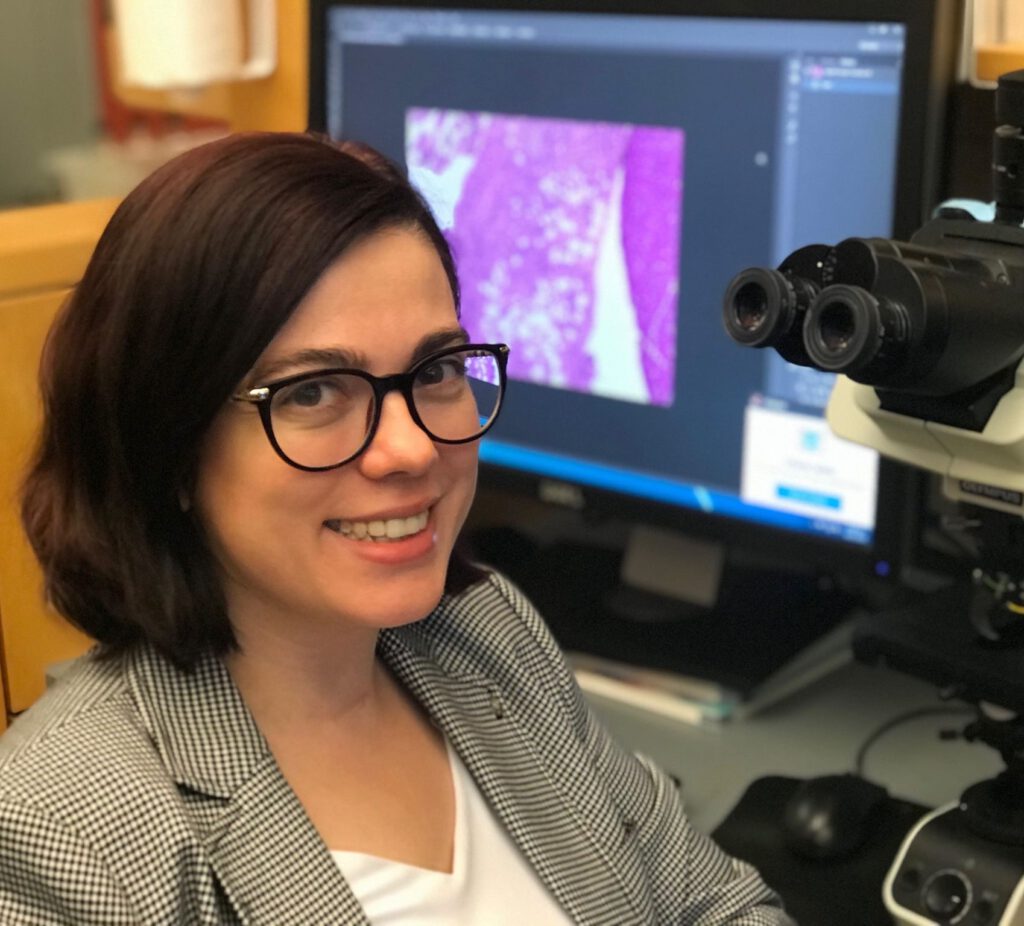Ovarian Cancer Research Results & Impact
Impact & Results
OCRA’s deep commitment to cutting-edge research has made it a beacon for gifted scientists from across the country and around the world.


Our Impact
Over the past several decades, OCRA has invested $128 million in ovarian and related gynecologic cancer research, making it the largest global funder of research by far in the fight against this cancer. Thanks to OCRA’s efforts, researchers have made tremendous progress in better understanding, preventing, and treating ovarian and related gynecologic cancers, leading to new hope in achieving improved patient survival, effective treatments, and higher quality standards of care.
Our Numbers Tell The Story
- Invested in research
- $128M
- Grantees funded since inception
- 400+
- Increase in 5-year survival rate since the 1970s
- 585%
Harnessing AI for Early Detection
In partnership with Microsoft AI for Health, OCRA researchers are using AI to develop a blood test with the potential to detect ovarian cancer at earlier, more treatable stages.


